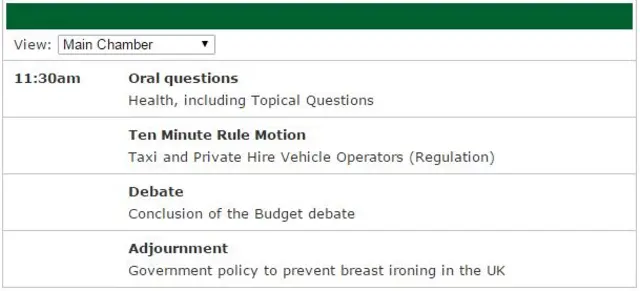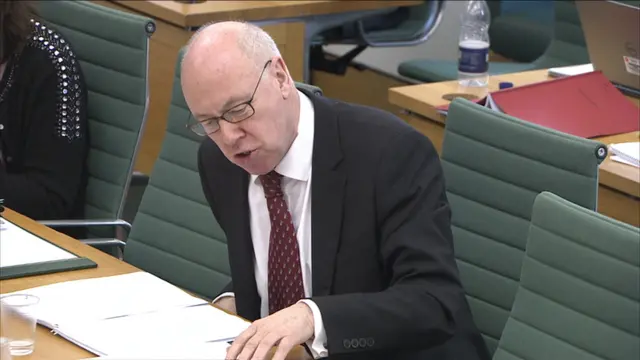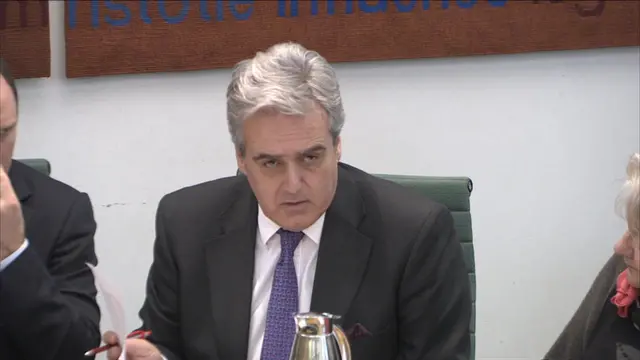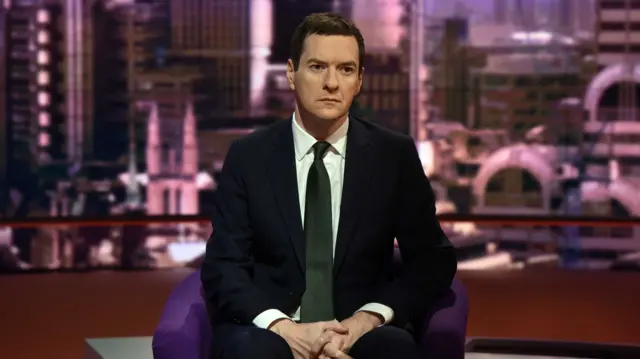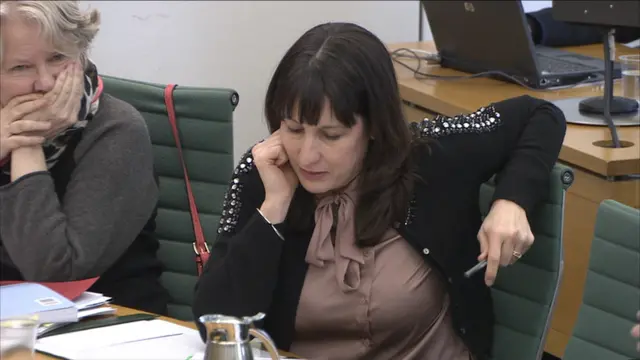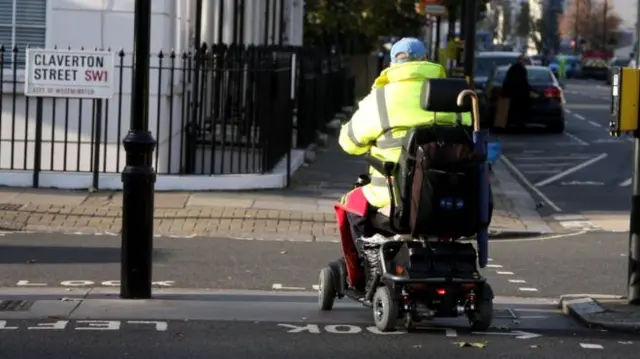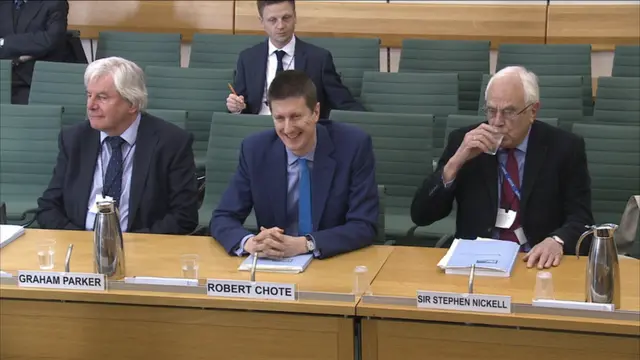Judgement callpublished at 11:32 GMT 22 March 2016
Treasury Committee
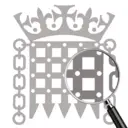 Select Committee
Select Committee
Parliament
George Kerevan continues to ask about how the OBR reaches its predictions on economic growth.
Sir Stephen Nickell says the last quarter was "disappointing" in terms of growth, but that growth predictions commonly varied from one quarter to the next. He says that if the figures are "smoothed" out of a period of time then the trend is upwards.
Mr Chote says the OBR has to make a series of judgement based on the ongoing relative weakness of the economy since the financial crisis of 2008.

